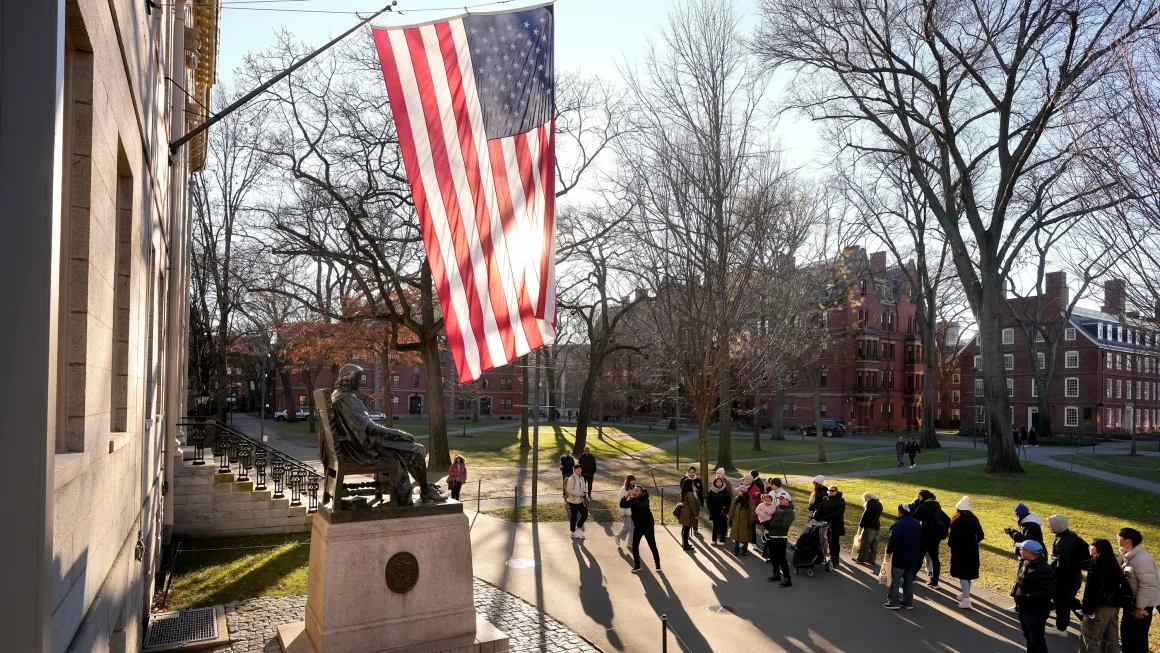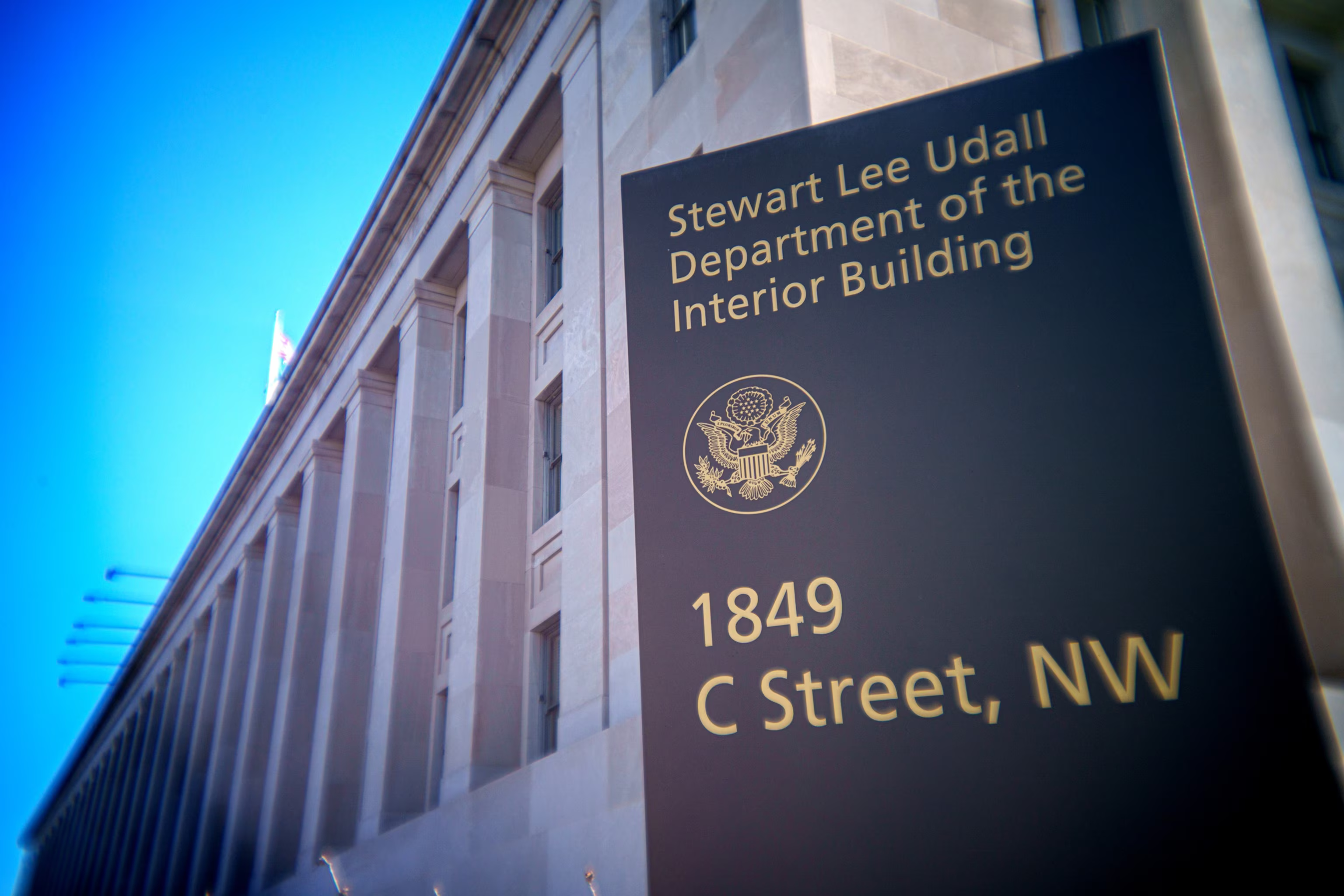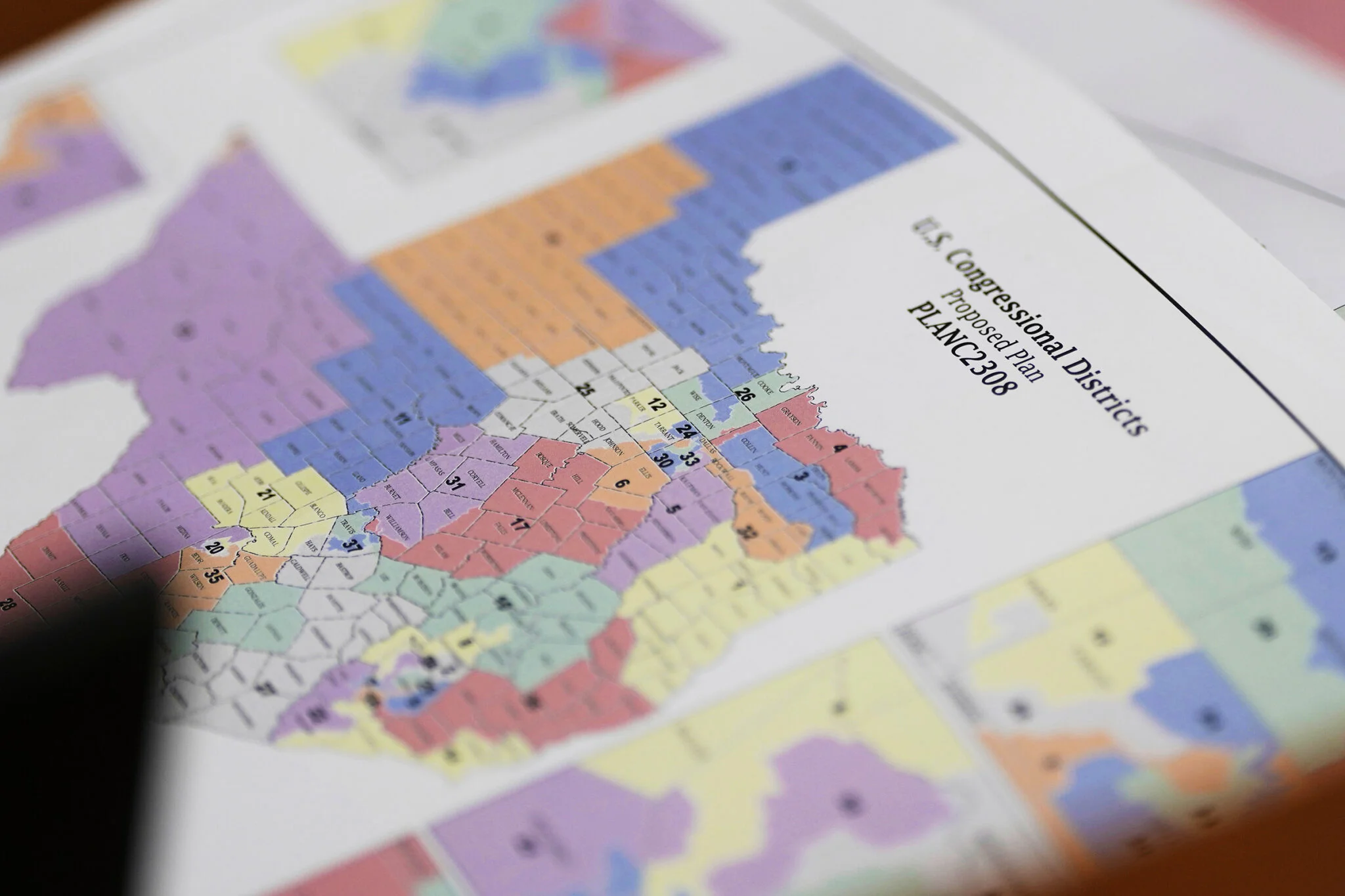The halls of America’s oldest university are buzzing with more than just academic discussions these days. Harvard University and the Trump administration find themselves locked in a complex legal battle over federal funding, academic independence, and the future of research.
The Funding Freeze That Shocked Academia
This wasn’t just a minor budgetary hiccup; it was the equivalent of cutting off oxygen to vital research programs studying everything from childhood cancer to battlefield medicine.
The administration’s move came after Harvard refused to implement a series of policy changes demanded in an April 11 letter, which the university characterized as unprecedented governmental overreach.
Behind Closed Doors
While the public sees the formal legal filings and press statements, behind the scenes there’s been more activity than at a freshman orientation week.
Administration officials have made at least three informal attempts to restart negotiations with Harvard, according to CNN sources. However, Harvard has shown about as much interest in these overtures as a tenured professor might show in supervising weekend detention – virtually none.
Even some of Harvard’s donors have reportedly urged the university’s governing board to consider making a deal, but the Harvard Corporation hasn’t budged.
What’s Really at Stake
This isn’t just about money – although $2.2 billion would buy a lot of crimson sweatshirts. The dispute touches on fundamental questions about academic independence and governmental oversight.
Harvard President Alan Garber has framed this as a fight for “the standing of American higher education,” while Education Secretary Linda McMahon insists the administration’s demands are about protecting students’ civil rights, not restricting free speech.
Research in the Crosshairs
The funding freeze doesn’t just affect abstract academic pursuits – it impacts real-world research with life-saving potential. Of Harvard’s $686 million in federal research funding for fiscal year 2024, a whopping $488 million came from the National Institutes of Health, which recently announced it would pull funding from universities with diversity and inclusion programs.
This research paralysis could impact everything from developing new cancer treatments to preventing the next pandemic. As Garber put it, the government is “slamming on the brakes” on research, and “the victims will be future patients.”
The Potential Economic Ripple Effect
Harvard isn’t just an ivory tower – it’s one of Massachusetts’ largest employers, with partnerships extending far beyond its Cambridge campus. The funding freeze could create what economists might call a negative multiplier effect, stifling job creation, reducing intellectual property development, and delaying scientific advances that benefit the entire economy.
The Supreme Court Connection
If this case does reach the Supreme Court, it would face an interesting judicial audience: four Harvard alumni sit on the bench, including Chief Justice John Roberts and Justice Ketanji Brown Jackson.
While Jackson recused herself from a previous Harvard case because she served on the university’s board of overseers, the other justices would likely hear the case. The court that decides the future of academic freedom could include several justices who once walked Harvard Yard – a twist that adds another layer to this already complex saga.
Contact us today through our website or WhatsApp to discover how we can help you achieve success in the United States. Together, we can turn dreams into reality.
Information source: edition.cnn.com



